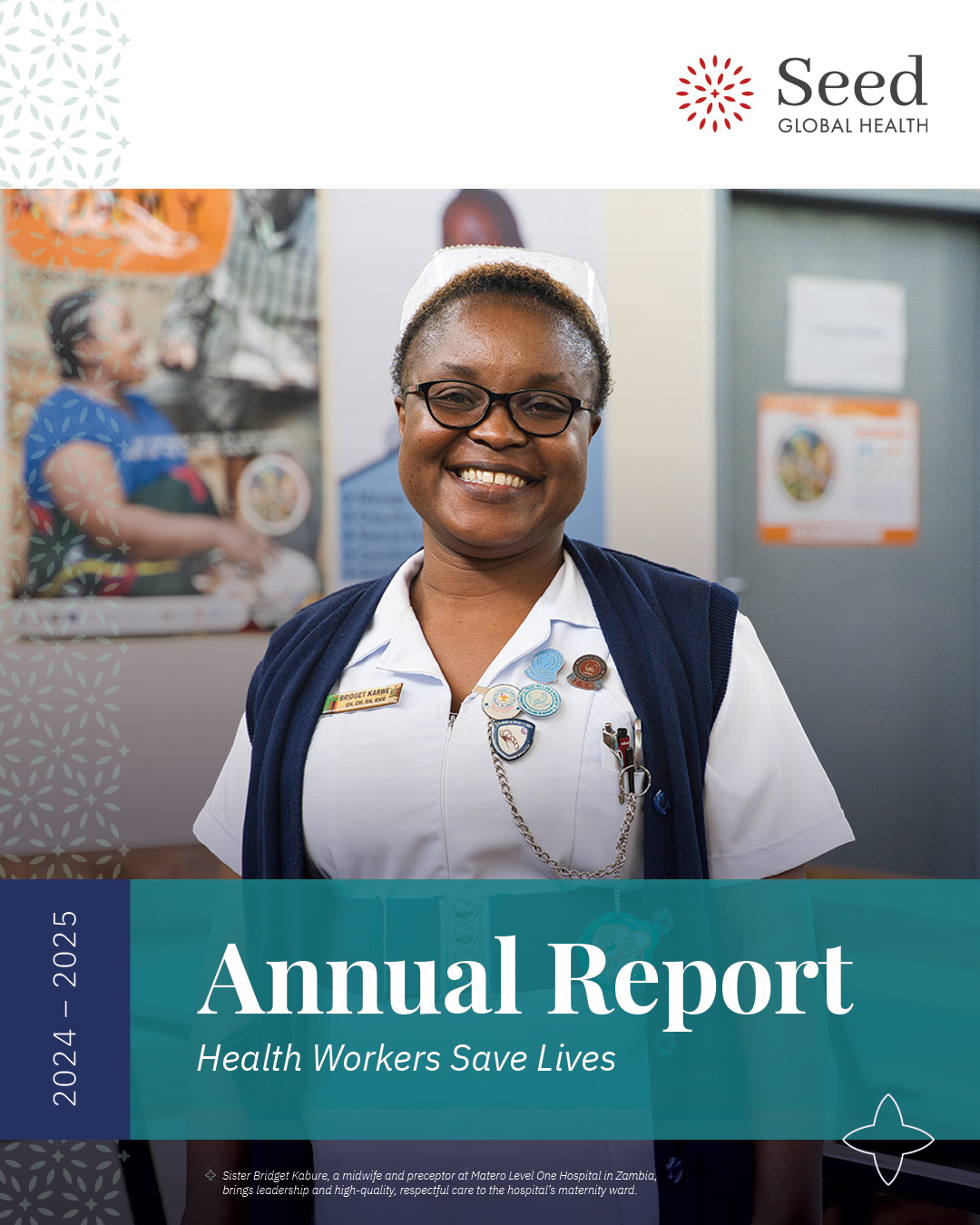Ebola Outbreak in DRC Declared a Public Health Emergency of International Concern
On July 17, the World Health Organization (WHO) elevated the status of the ongoing Ebola outbreak in the Democratic Republic of Congo (DRC) as a Public Health Emergency of International Concern (PHEIC). “The WHO has shown critical leadership in highlighting the significance of the DRC outbreak and we hope the needed resources and attention will follow to stop the ongoing preventable infections and deaths,” said Vanessa Kerry, CEO of Seed Global Health. “We learned important lessons from 2014 and it is essential that we respect and act on them as a global community.”
The declaration is a welcome and strong call to action. We cannot afford to ignore it. This Ebola outbreak is a global—our—problem. It is a stark and devastating reminder that infectious diseases are not restricted by boundaries—personal, physical, or geographical.
Despite the paucity of headlines over the last several months, the outbreak has blossomed at an unfortunately feared and predicated rate. It is now the second-deadliest Ebola outbreak in history, with over 2,500 people infected and a death toll of close to 2,000. Last month, the epidemic became a multinational crisis when three family members who were infected with the virus crossed the border from the DRC back to Kasese District in Uganda. They were the first confirmed cases of Ebola in a country neighboring the DRC.
There are no suggestions that this outbreak is slowing. It is quite the opposite as evidenced by the recent case in Goma, a major transport hub and the gateway to the rest of the DRC and the world. This PHEIC designation gives us an opportunity to change the course, but the time to act is now.
We, the international community, need to heed the painful lessons of the 2014 West Africa outbreak, and WHO’s call, to galvanize a rapid and well-resourced coordinated response. 2014 taught us the power that swift mobilization of resources, comprehensive contact tracing, ring vaccination, community education, efficient triage, systemic messaging, and strong leadership have in stopping the spread of the disease. We must rally to increase funding and support the DRC to combat the growing outbreak and prevent further loss of life.
The WHO has issued specific guidance on the way forward for affected countries, their neighbors, and all states. For neighboring countries like Uganda and Malawi where Seed works, this includes: improving their preparedness, mapping population movements and sociological patterns that can predict risk of disease spread, and increasing risk communications and community engagement.
Both Uganda and Malawi have proactively mapped out several scenarios for Ebola arriving in each country, including via border crossing. In caution and preparation for the possible spread of Ebola, they have plans that are already in motion to ensure they can identify and treat affected individuals and swiftly contain the disease. These include vaccinating frontline health workers, establishing Ebola Treatment Units, stockpiling protective gear, conducting training drills, disease monitoring, and raising awareness among communities.
Seed continues to work in both countries training health professionals who are often at the frontlines of disease outbreaks. We know from our experience in West Africa that epidemics often strain health systems especially when they lack the necessary human resource capacity. Investing in health workers ensures that they can deliver quality care, provide ongoing education across the health workforce, problem solve, and make sure that health systems are not ravaged by health crises but respond to them—for the long term.

